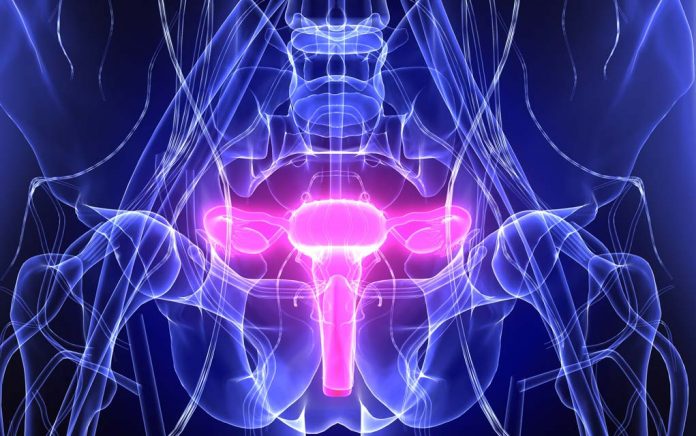
Pap tests should not be a painful experience. Stressful, yes. But if it’s painful, there are a number of possible reasons why:
1. Poor technique in performing the test.
Solution: Talk it over with your doctor and see if she might consider a different way of doing the procedure. For example, she may want to use a warmed-up (in hot water) speculum plus more lubrication using vitamin E cream. A cold speculum in a dry vagina can be uncomfortable and occasionally painful because the cold can cause vaginal blood vessels to constrict and the dryness can cause unnecessary friction.
2. Not enough lubrication when inserting the speculum.
Solution: Use vitamin E cream in copious amounts. If that doesn’t work, use a low-dose bio-identical estrogen vaginal cream for a few weeks before the procedure. This can make speculum penetration more tolerable.
3. Too large a speculum.
Solution: Use a child-sized or adolescent-sized speculum. Some doctors like to think that one size fits all, but vaginas come in small, medium, and large (just like penis sizes). Size of speculum does matter.
4. Vaginal muscle spasm due to anxiety or calcium and magnesium deficiency.
Solution: Take large doses of calcium (1500 mg) and magnesium (500 mg) daily for at least three days before the procedure. If that doesn’t work, take some L-theanine (1000 mg) before the procedure. L-theanine is an extract of green tea and a natural anti-anxiety agent. Other remedies that could be used if anxiety is an issue are black cohosh, dong quai, St. John’s wort, and valerian.
5. Infection or other vaginal disease.
Solution: Ask your family doctor to order a pelvic ultrasound or see a gynecologist who will do the appropriate tests and treatments. Infections, tumors, and cysts can all cause Pap tests to be painful.
Dr. Rona










